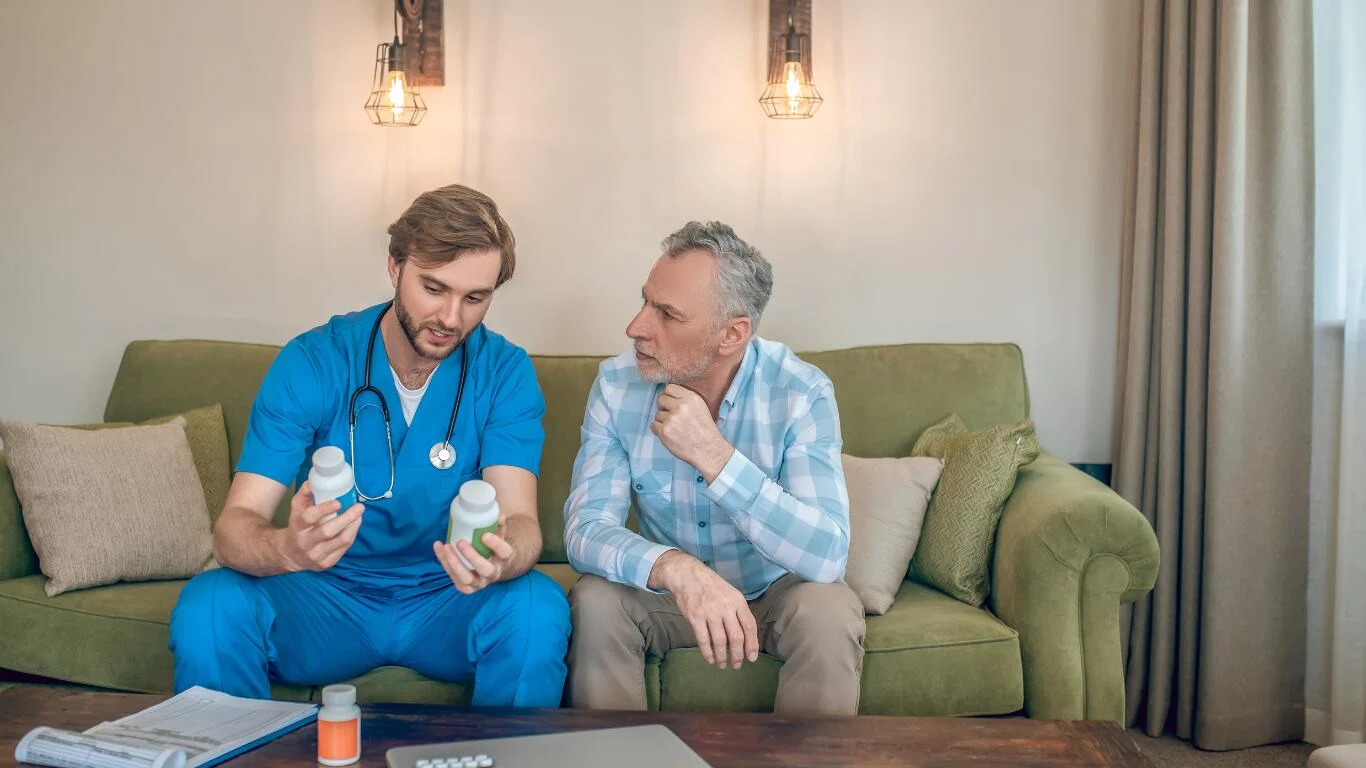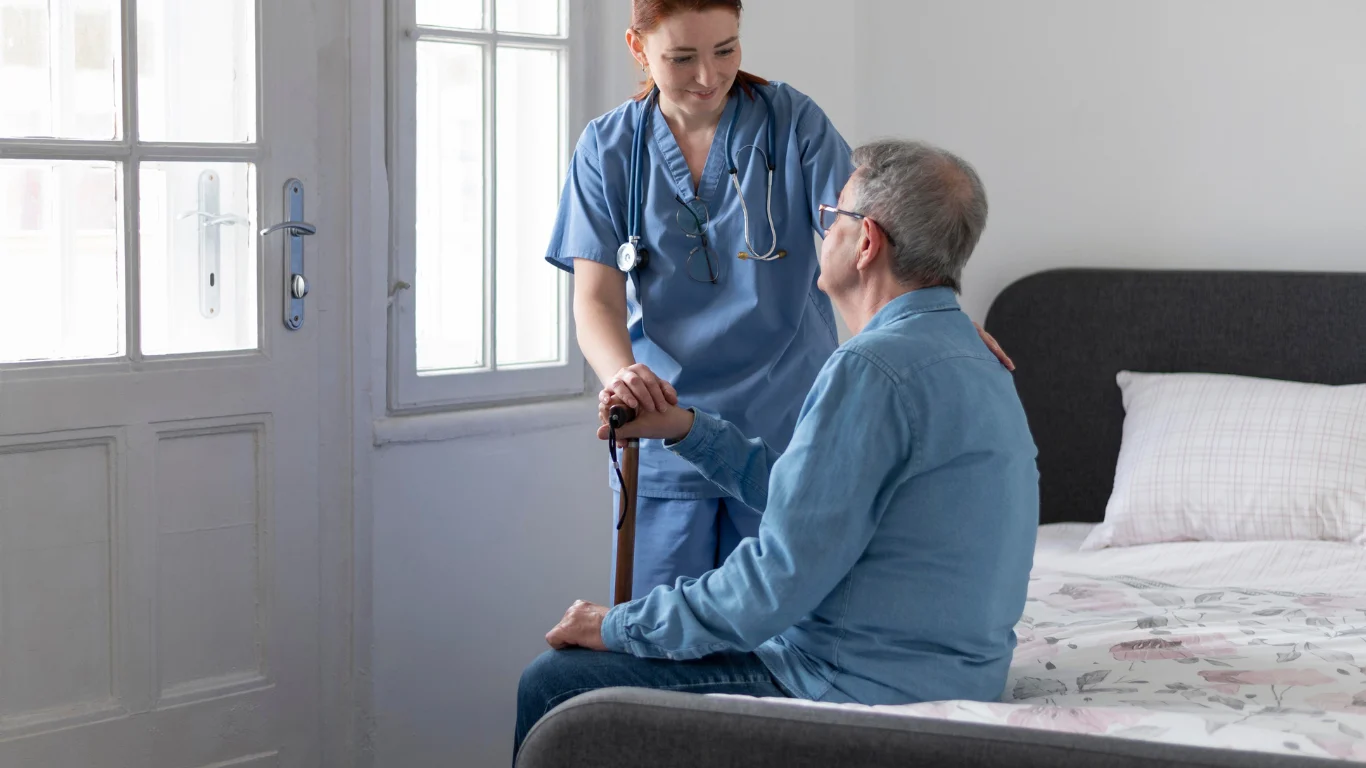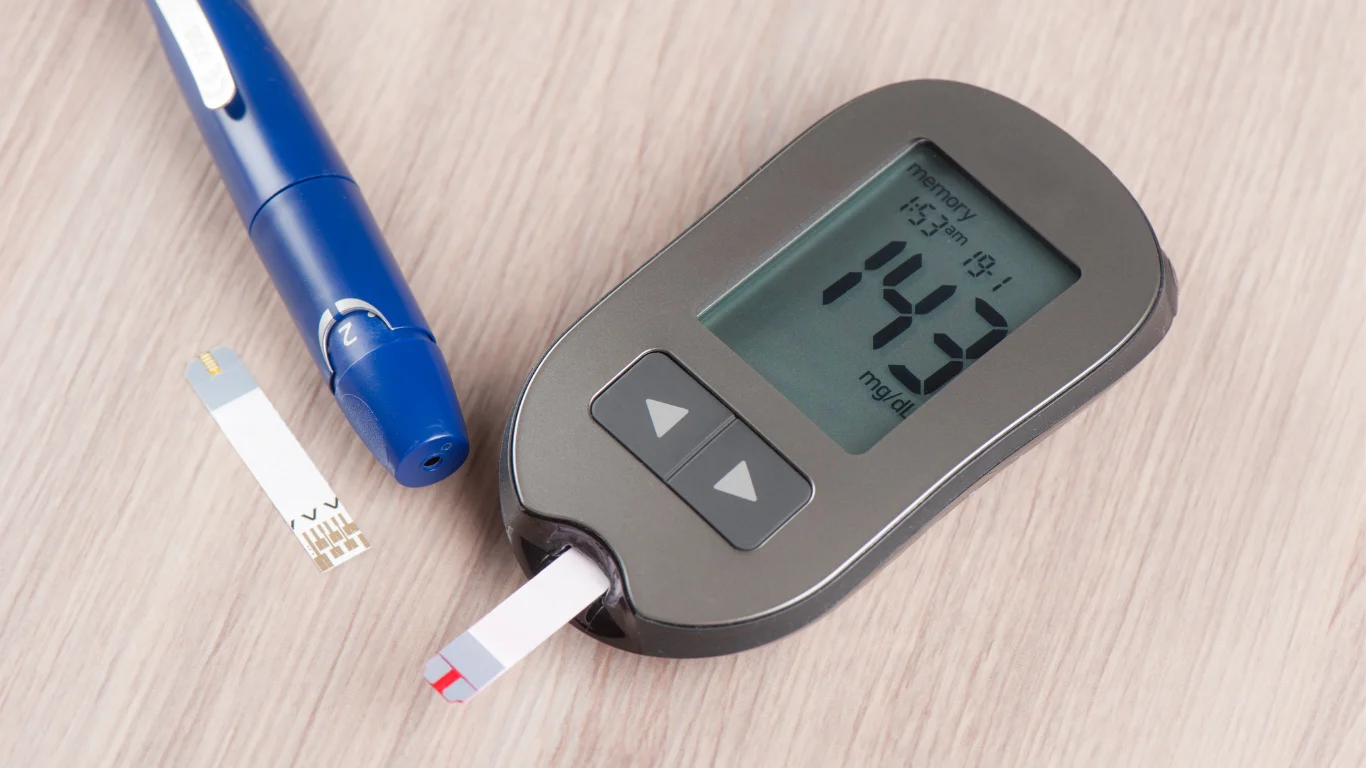Introduction
Did you know that alcohol consumption is linked to over 100,000 cancer cases and 20,000 deaths annually? Despite being widely accepted socially and culturally, alcohol is a classified carcinogen, placing it alongside tobacco and asbestos in terms of its cancer-causing potential. Shockingly, less than half of Americans are aware of alcohol’s role in increasing cancer risk.
In January 2025, the U.S. Surgeon General, Dr. Vivek Murthy, issued a new advisory emphasizing the strong connection between alcohol consumption and cancer. This advisory urges the public to reassess alcohol use as part of their cancer prevention strategies. In this blog, we’ll explore how alcohol contributes to cancer, summarize the Surgeon General’s findings, and offer tips to protect your health.
Alcohol: A Known Carcinogen
Alcohol isn’t just a social indulgence—it’s a classified carcinogen, recognized by leading organizations such as the World Health Organization (WHO) and the U.S. Surgeon General. It has been directly linked to at least 7 types of cancer, including:
- Mouth (Oral Cavity)
- Throat (Pharynx)
- Esophagus
- Voice Box (Larynx)
- Breast (in women)
- Liver
- Colon and Rectum
A new report from the U.S. Surgeon General highlights that alcohol-related cancers are not limited to heavy drinkers. Even light to moderate consumption can significantly increase the risk of developing cancer. Read more about this advisory from CNN’s report here.
Key Findings from the U.S. Surgeon General’s 2025 Advisory
In his recent advisory, Dr. Vivek Murthy made the following critical points:
- Even Small Amounts of Alcohol Can Be Dangerous: There is no safe level of alcohol consumption when it comes to cancer risk.
- Alcohol Affects Multiple Organs: Alcohol increases the risk of 7 types of cancer, with significant links to breast cancer in women and liver cancer in both men and women.
- Public Awareness Is Low: Only 45% of Americans recognize alcohol as a cancer risk factor, compared to 89% for tobacco.
- Prevention is Key: Reducing alcohol intake can lower cancer risk, along with early detection through tests like cancer markers and liver function tests.
For a detailed summary of the Surgeon General’s advisory, explore the full document here.
How Does Alcohol Cause Cancer?
Scientists have identified four major mechanisms by which alcohol increases cancer risk:
1. DNA Damage from Acetaldehyde
When alcohol is metabolized, it breaks down into acetaldehyde, a toxic substance that directly damages your DNA and prevents proper repair.
2. Oxidative Stress and Inflammation
Alcohol consumption generates reactive oxygen species (ROS), which cause oxidative stress and inflammation—two processes closely linked to cancer development.
3. Hormonal Disruption
Alcohol raises levels of hormones like estrogen, fueling hormone-sensitive cancers such as breast cancer in women.
4. Absorption of Carcinogens
Alcohol damages the protective lining of the mouth and throat, making it easier for carcinogens (e.g., from tobacco or food) to enter the body.
These biological processes explain why even light drinking contributes to the 741,300 cancer cases worldwide linked to alcohol in 2020.
Even “Moderate” Drinking Isn’t Safe
The myth of “safe drinking” has been debunked by recent studies:
- Two drinks per day raise a woman’s breast cancer risk to 15.3%, compared to 11.3% for light drinkers.
- Men who drink two drinks daily have a 13.1% absolute cancer risk, compared to 10% for occasional drinkers.
Shockingly, those consuming fewer than 2 drinks per day accounted for 25% of global alcohol-related cancer cases, underscoring that even light drinking isn’t harmless.
The Role of Early Detection: Cancer Markers and Liver Function Tests
Alcohol doesn’t just increase cancer risk—it can also severely damage the liver, a vital organ responsible for detoxifying the body. Prolonged alcohol use can lead to liver dysfunction, which further compounds the risk of liver cancer and other diseases.
At Best DOC Home Healthcare, we offer Cancer Marker Tests and Liver Function Tests, all done in the comfort of your home. These tests can:
- Detect abnormal levels of proteins or enzymes that may indicate cancer or liver damage.
- Help you monitor your health and take preventive measures early.
Explore our convenient Lab at Home Services to take control of your health today. Learn more here.
Actionable Tips to Reduce Your Risk
Concerned about alcohol’s impact on your health? Here are some practical steps you can take:
- Cut Back Gradually: If quitting alcohol completely feels overwhelming, start by reducing your weekly intake.
- Try Non-Alcoholic Alternatives: Explore a wide range of delicious alcohol-free beverages.
- Get Regular Health Checkups: Early detection through cancer marker and liver function tests can make a significant difference.
- Consult a Healthcare Professional: Speak with a doctor or nurse to get personalized advice on reducing alcohol-related health risks.
Conclusion
The numbers are clear: alcohol is a proven carcinogen that disrupts your hormones, damages DNA, and increases cancer risk—even at low levels of consumption. As highlighted by the 2025 Surgeon General’s advisory, public awareness about these risks is crucial to reducing the burden of alcohol-related cancers.
By making informed choices—like reducing alcohol intake and prioritizing early detection through tests like cancer markers—you can take proactive steps to protect your health.
Need help getting started? Best DOC Home Healthcare offers expert guidance and convenient doctor and nurse services at home. Our healthcare professionals can help you assess your risks, conduct necessary tests, and develop a personalized health plan—all within 30 minutes of your call.
Take charge of your health today. Contact us for more information and schedule your lab tests at home with ease!











